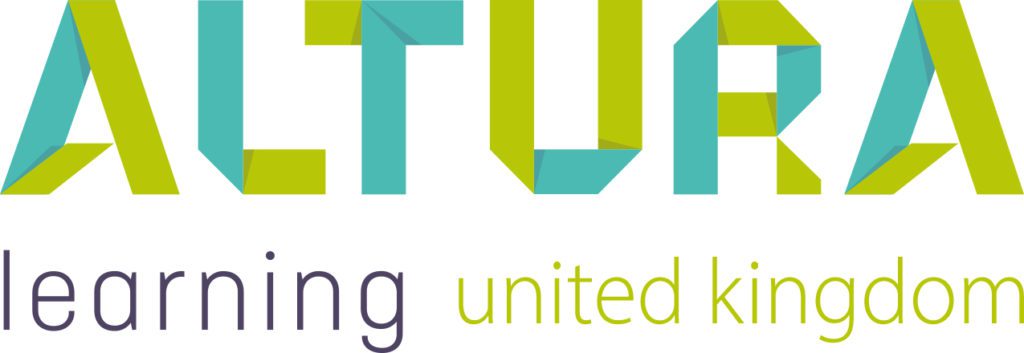Home | Altura Blog |
Supporting Cultural Diversity in Care
June 29, 2021 | Altura Blog
Topic:
d
The year of 2020 highlighted the incredible resilience, compassion and ability of our Health and Social Care workforce. As identified by the Care Quality Commission, it also identified gaps in service provision such as a greater need for robust culturally inclusive care and support across all settings. This has stemmed from individuals from culturally diverse backgrounds spending increased time with those who may not share the same culture, language, beliefs and values as them. The increased staff shortages in an already widely under-staffed sector and where the cultural norm within an organisation is different from those they care for. And whilst organisations may believe they already have it covered, the experiences of individuals during the COVID-19 pandemic highlights that more can and should be done.
What is culturally inclusive care and support?
Culturally inclusive care and support can be described as being responsive and sensitive to the beliefs, conventions and needs that may be determined by a person’s cultural heritage.
It’s possible that individuals in your care who are from different cultures, or speak a language other than English, may have a different lived experience of the pandemic compared to their peers.
But culture isn’t just a person’s religion or beliefs, it can include other things such as a person’s gender identity, sexuality and education level.
The experience of care, based on cultural diversity
Individuals with cultural differences living in a care home will have spent increased amounts of time with individuals who may not share the same beliefs, values, language or culture during the pandemic. This may have impacted how they communicated with others, shared their grief or fears during this time, and increased their experience of anxiety and loneliness.
Those receiving care at home may have needed to adapt to different staff conducting their visits who may not have been familiar or able to provide the same culturally appropriate care, such as the inability to communicate in the person’s preferred language. Access to health literacy and other information necessary to explain COVID-19 to culturally and linguistically diverse individuals, may not have been immediately available or personalised to the individuals preferred language, format or literacy abilities.
Essentially, there may have been missed opportunities for a person’s holistic needs to have been met. And that is not to say that care providers intentionally brushed aside the needs of individuals, in fact there are many incredible stories circulating to the contrary. But these examples do bring to the surface opportunities for staff in the industry to be vigilant in recognising and addressing cultural differences that they may not have considered previously.
A story that drew my attention and emphasises the need for greater cultural awareness, concerned an individual from the LGTQ+ community who felt unable to share his affection with his dying husband on an all male hospital ward. Whilst this story is about a hospital, it underlines the need to ensure individuals and their families can access culturally appropriate care that is alert and responsive to their needs, in all settings.
What can be done?
Care providers and individual staff all have a duty to ensure a safe and inclusive environment for everyone using their service. It may be necessary for organisations and their staff, to take a step back and reflect on their practice during the pandemic and in everyday situations, and identify whether their services moving forward, meet the cultural needs of every individual receiving their service. Individual staff can practice self awareness which can lead to greater cultural awareness and therefore better outcomes for those they support. This reflection may even highlight areas for celebration where culturally appropriate care is already deeply embedded into the organisation and practise.
The CQC supports culturally appropriate care
There is a wealth of information and guidance available to help care providers improve practice. The Care Quality Commission have placed culturally inclusive care at the forefront of their agenda in 2021 and in May of this year and have released an online resource, on the CQC website, to support culturally appropriate care. This resource focuses on how culturally appropriate care can be achieved across all settings and its relevance to regulations and key questions for regulating the sector.
Altura Learning resources for culturally inclusive care
Here at Altura Learning, we have put together 2 additional courses for 2021 looking specifically at what culturally inclusive care and support looks like. Our Residential Care course, Culturally Inclusive Care looks at practical strategies to ensure appropriate care delivery in care homes. And our Home Care course, Culturally Inclusive Support, looks at how to meet the needs of culturally and linguistically diverse individuals in their own home. Both courses complement CQC’s latest resource to improve culturally appropriate care across the sector.


